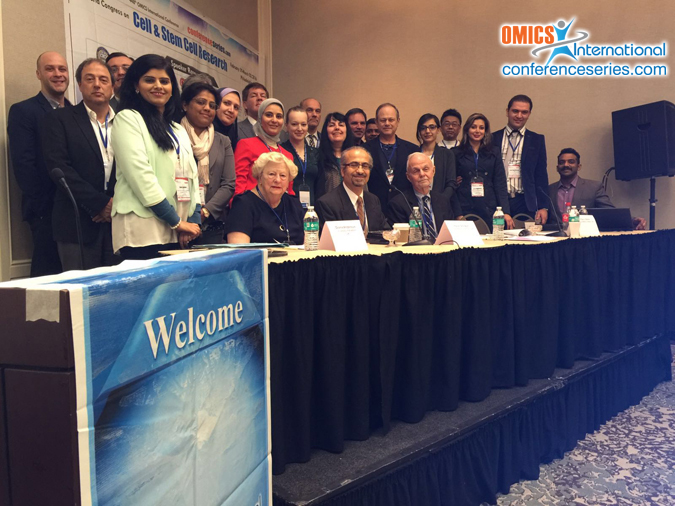
Haval Shirwan
University of Louisville, USA
Title: Specific targeting of pathogenic T-cells for the induction of tolerance to pancreatic islet grafts for the treatment of type-1 diabetes
Biography
Biography: Haval Shirwan
Abstract
Type-1 diabetes (T1D) is an autoimmune disease initiated and perpetuated by T-cells targeting various auto antigens. Insulin treatment as standard of care is often ineffective in preventing recurrent hyperglycemic episodes with long-term undesired adverse effects. Transplantation of pancreatic islets as a source of beta cells producing insulin has proven effective in improving metabolic control/quality of life and preventing severe hypoglycemia in patients with T1D. Immune rejection of the transplanted islets is presently being controlled by chronic immunosuppression that is not only ineffective in controlling rejection but also has various side effects. Therefore, novel approaches that control rejection in the absence of chronic immunosuppression will have significant impact on the field of islet transplantation. In as much as T-cells are critical to graft rejection, we have developed an effective immunomodulatory approach based on the novel form of immune ligands to target pathogenic T-cells for physical elimination while simultaneously expanding protective Treg cells. The application of this concept to allogeneic and xenogeneic islet transplantation will be discussed.

